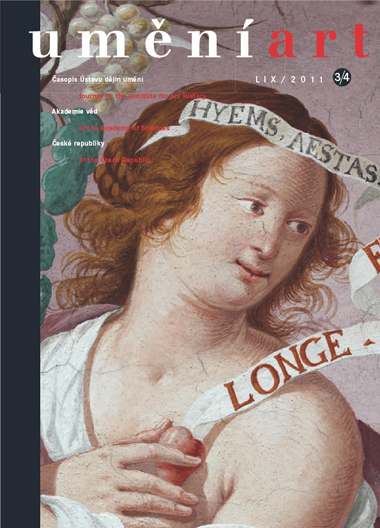Éva Forgács
'Today Is a Beautiful Day': The 'New Sensibility' or 'New Subjectivism' in the Hungarian Post-Avant-Garde of the 1980s
This essay discusses the emergence of what can best be termed the 'post-avant-garde' in Hungary in the 1980s. It was not 1989-1991 that divided the history of Hungarian art into a 'before' and 'after' era. Fundamental change started around 1980 when, in the midst of the crumbling of the political system and the rise of the 'trans-avantguardia' in Italy, 'heftige Malerei' in Germany, and 'bad painting' in the US, a new generation of artists appeared in Hungary that protested not only against the political status quo but, with the same fervor, the ethical, cultural, and esthetic stances of the avant-garde and the neo-avant-garde, that they saw as part and parcel of the existing cultural and political set-up. The terms 'avant-garde' and 'neo-avant-garde' apply to Hungarian art differently than in the Western narrative, because the history of the avant-garde played out differently in the East. The generation of the 1980s - in fact two generations, that of the renewing mid-career generation and the very young - regarded art as personal, private, and non-committed to any idea, high or low. The 'new subjectivism', leaning to self-mythologizing and resorting to the childlike, that arose in the 1980s was a radical negation of the legacy of the avant-garde. This era brought the actual termination of the classical or 'historical' avant-garde in Hungary by vigorously negating all the features of the avant-garde and the neo-avant-garde such as, among other things, disciplined geometry, minimalism, collectivism, and conceptualism. The works of the 1980s generation, far from being homogeneous by any means, demonstrate why they saw themselves as denizens of a different world.
Full-text in the Digital Library of the Czech Academy of Sciences:
https://kramerius.lib.cas.cz/uuid/uuid:4eb120b4-cfb7-9ed7-6b00-eef1b2a67c83
< back

